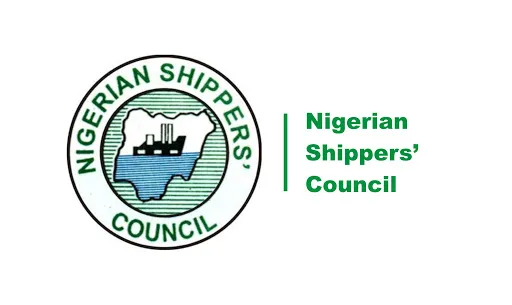The federal government, over the weekend, said it is considering an out-of-court settlement with terminal operators and shipping companies over arbitrary charges.
This is even as it reaffirmed the Nigerian Shippers’ Council (NSC) as the port economic regulator.
Speaking at a one-day sensitisation meeting organised by the federal Ministry of Transportation and the council, with the theme: “Promoting Competitiveness & Compliance in Nigerian Maritime Industry: Mandate of the NSC in Focus,” which held in Lagos, the permanent secretary, FMOT, Dr Madgalene Ajani, said talks are ongoing with the terminal operators to end the legal tussle which is currently at the supreme court after a federal High Court sitting in Lagos, had ruled in favour of the Nigerian Shippers Council with directive for the terminal operators to return to status quo in the stipulated pricing.
The ministry’s permanent secretary, however said, aside Shippers’ Council’s role as the Ombudsman of the ports, the council remained the port economic regulator pending the establishment and operationalisation of the National Transport Commission (NTC), as an independent regulatory authority in the transport sector.
She, however, affirmed the Nigerian Ports Authority (NPA) as the technical regulator of the ports, saying, the ministry was aware that the council had faced resistance from some stakeholders in the maritime industry in the earlier stages of implementation of its regulation.
She added that, with various stakeholders’ meetings, engagements and consensus building, the various stakeholders have expressed their commitment and cooperation with the council on ensuring the successful implementation of the regulation.
Dr Ajani informed that Nigerian Shippers’ Council was appointed as the interim port economic regulator in 2014, as a government response to fill the vacuum and address the challenges facing the port system.
According to her, the major objective of government in appointing the Nigerian Shippers’ Council as the interim port economic regulator was to create an effective regulatory regime at the port for the control of tariffs, charges and other related economic services by the virtue of economic regulatory order No 34 of 2015 issued by the President in pursuant to section 5 and 145 of the 1999 constitution as gazetted.
While calling for the support and cooperation of all stakeholders, Ajani said, the ministry is working on stakeholders’ concerns and implementation of some of the suggestions they have made in the past in order to bring out the best options in collaborating actively with further agencies outside the Federal Ministry of Transportation.
She reiterated that the NSC remains the port economic regulator and enjoined stakeholders and the entire maritime industry to give the Council the needed cooperation in the execution of these regulations.
Speaking earlier, in his welcome address, the executive secretary of the Nigerian Shippers Council, Hon. Emmanuel Jime, stated that, with the concession of the ports in 2006, cargo throughput substantially increased.
According to him, about 70 per cent of export cargoes are primary commodities while the majority of imports are consumer goods.
While stressing the need to develop the nation’s industrial base in balancing trade and boosting the nation’s economy, Jime noted that, the port has a critical infrastructure that needs to be made competitive, guard against monopoly and free for numerous players.
The executive secretary of the council informed that the aim of NSC is to create an effective regulatory regime at Nigerian ports for the control of tariffs, rates, charges and other related economic services.
He added that the council has been able to moderate costs, provide guidelines for setting tariffs, rates and charges to guard against arbitrariness amongst others.
On his part, the managing director of the Nigerian Port Authority, Mohammed Bello-Koko said, the NSC has come into a tight- packed sector of government which is the maritime industry, adding that, all stakeholders need to adjust and accommodate its regulations which are already backed up by law.
The MD of NPA, who was represented by the NPA legal secretary, Mr. IG Umar, charged the council to make more efforts in extending the competitiveness of Nigerian port operations to the world.
Also speaking, in a paper presentation titled “Promoting Competitiveness and Compliance in Nigerian maritime Industry,” Prof. Bongo Adi stressed that, competitiveness in port operations can only be effectively achieved when regulations are adequately complied to by stakeholders in the industry.
Bongo charged the NSC to intensify in its sensitisation and ensure adequate engagement of stakeholders to tackle the challenges faced at the ports and at large promoting competitiveness and compliance in Nigerian maritime industry.
We’ve got the edge. Get real-time reports, breaking scoops, and exclusive angles delivered straight to your phone. Don’t settle for stale news. Join LEADERSHIP NEWS on WhatsApp for 24/7 updates →
Join Our WhatsApp Channel









